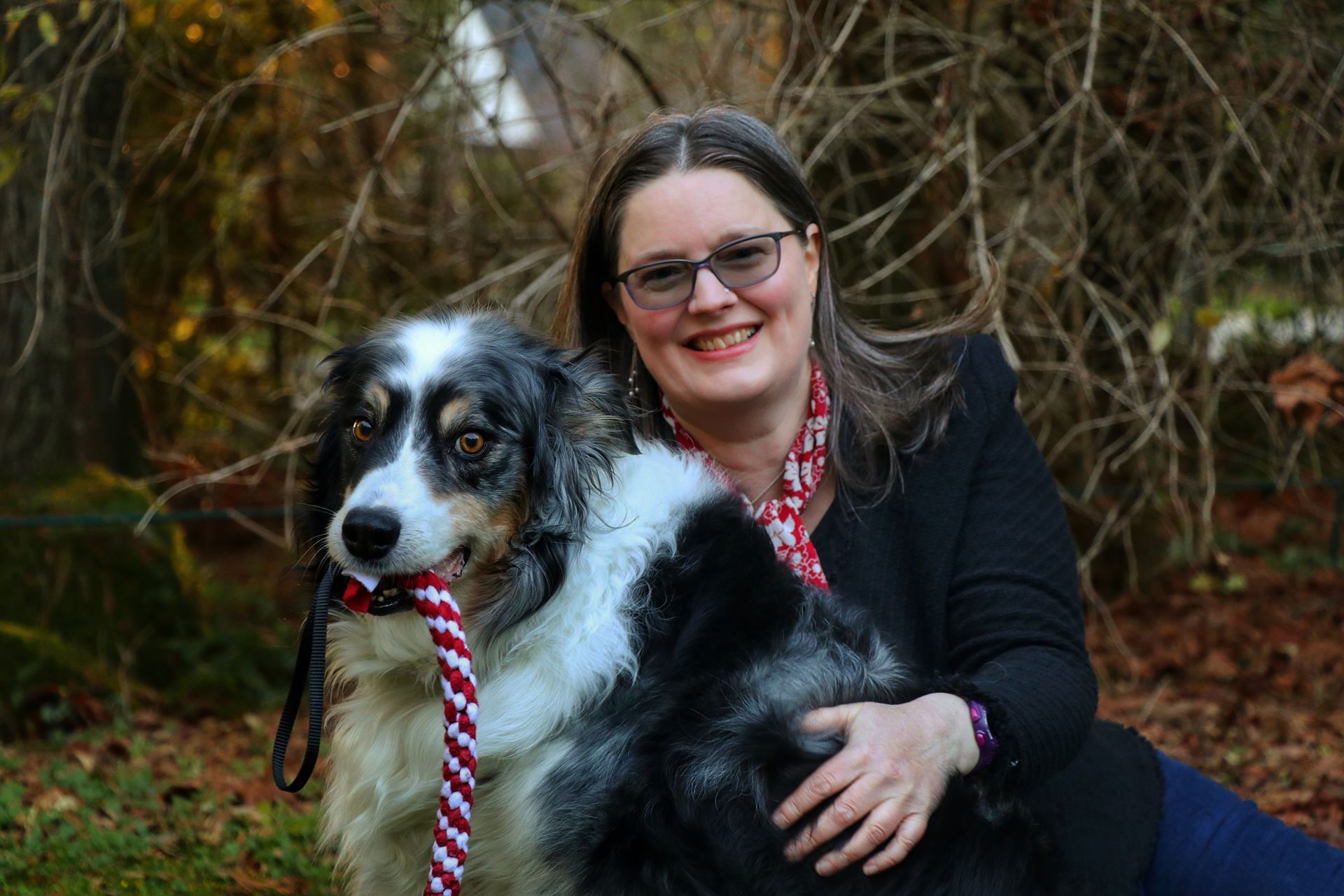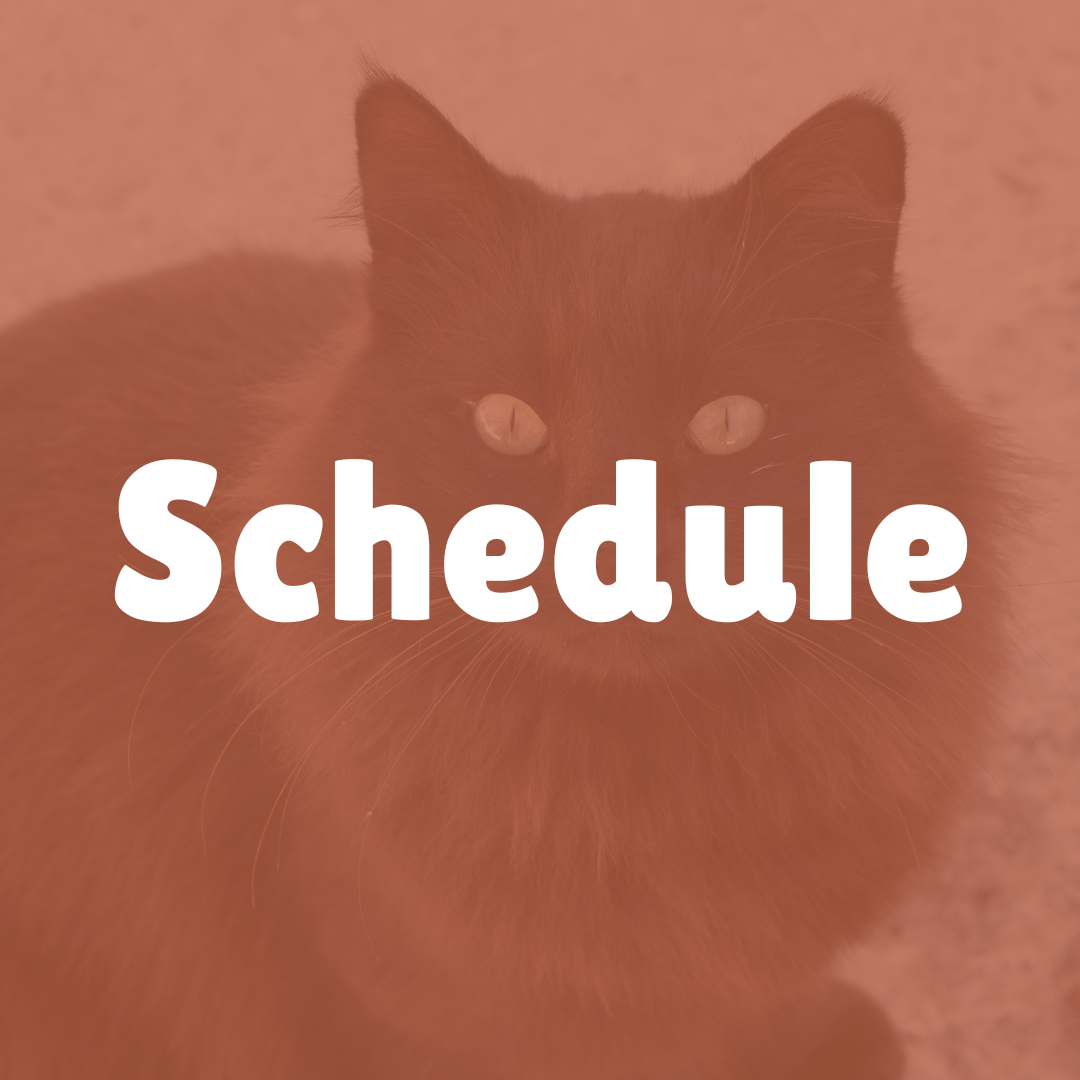PPGA 2024 CONFERENCE
Zazie Todd PHD, Biography, Workshops, SPeaking
Zazie Todd, PHD
 Zazie Todd PhD is the award-winning author of Wag: The Science of Making Your Dog Happy and Purr: The Science of Making Your Cat Happy. Her third book, on the science of helping anxious and fearful dogs, will be published by Greystone Books in late 2024.
Zazie Todd PhD is the award-winning author of Wag: The Science of Making Your Dog Happy and Purr: The Science of Making Your Cat Happy. Her third book, on the science of helping anxious and fearful dogs, will be published by Greystone Books in late 2024.Todd is the creator of Companion Animal Psychology blog, has a blog at Psychology Today, and has written for magazines such as BBC Science Focus, Modern Dog, Modern Cat, Inside Your Dog’s Mind, and Inside Your Cat’s Mind.
She has a PhD in Psychology, is an honours graduate of the prestigious Academy for Dog Trainers, and has an Advanced Certificate of Feline Behaviour (with Distinction) from International Cat Care. Originally from the UK, she lives in Maple Ridge, BC, with her husband, one dog, and two cats.
About the Talks |
From Fearful to Happy: The Role of Emotions in Animal WelfareSaturday 15th June, 9:30am to 10:30amWhat do pets need in order to be happy? How can thinking about their welfare help to prevent and resolve behavior issues? This talk will look at modern approaches to animal welfare and how they relate to training, behavior, and enrichment. We’ll look at how we know that animals feel emotions, why positive experiences are an important part of good welfare, how to give dogs and cats opportunities to engage in normal behaviors, and the best ways to guide pet guardians towards important practices like reward-based training methods and an enriched environment. Aims:
| Counter-Conditioning: How to get it right? |
How to Prevent and Resolve Common Behaviour Issues in Cats | Strategies for the Human Side of Fearful/Reactive Dogs |
Puppy and Cat Playtime and Enrichment: Why it Matters | Changing Minds on Training Methods |




